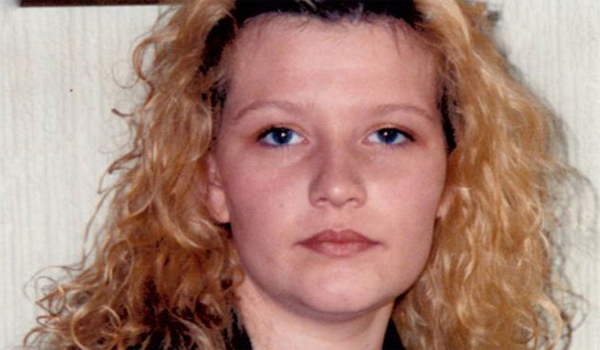Police Scotland to pay £10,000 damages for unlawful data interception
Police Scotland has been ordered to pay a journalist £10,000 in compensation after a judicial tribunal concluded that it illegally intercepted his communications during an investigation into an unsolved murder.
Police Scotland has been ordered to pay a journalist £10,000 in compensation after a judicial tribunal concluded that it illegally intercepted his communications during an investigation into an unsolved murder.
An Investigatory Powers Tribunal (IPT) ruled on Monday (August 8) that the force had breached the human rights of Gerard Gallacher, a former officer turned journalist who investigated the 2005 murder of sex worker Emma Caldwell.
Mr Gallacher claimed that he had suffered invasion of privacy, familial strife, personal stress and strain and loss of long-standing friendships as a result of Police Scotlands actions.
He and his wife were the only two of the six complainants to seek compensation.
Last November, the Interception of Communications Commissioner ruled that Police Scotland acted unlawfully by failing to seek judicial approval when seizing phone records for Mr Gallacher and two serving officers.
The force had been trying to find out if the officers had leaked information regarding the investigation, in which a suspect who admitted having sex with the victim at the murder site was allowed to go free.
The Sunday Mail published a series of articles based on his findings, resulting in the force being ordered to re-open the case.
However, it also secretly launched a molehunt to determine whether serving or former officers had leaked intelligence to Mr Gallacher.
Police Scotland conceded at a July hearing that its counter corruption unit had made unlawful use of the Regulation of Investigatory Powers Act, and the tribunal requested an independent investigation into its actions.
The force has agreed to this recommendation, and Chief Constable Phil Gormley recently asked Durham Constabularys chief constable, Mike Barton, to lead the inquiry.
Detective Inspector David Moran, one of the complainants in the case, said: That there is to be an inquiry by an external police force into the circumstances surrounding the affair is a large step forward, however I have concerns that Police Scotland has invited [Mr Barton] to examine the outstanding non-criminal matters only.
I do not believe that is in the spirit of what was discussed at the IPT hearing on July 22 and all that matters, whether potentially criminal or non-criminal, should be on the agenda for a new independent and impartial inquiry.
The IPT ruling was also welcomed by the Scottish Police Federation (SPF).
Deputy General Secretary David Kennedy said: This judgment leaves no doubt that the actions of the Police Service of Scotland towards our members [and others] breached their human rights.
The SPF has no hesitation in supporting our members in seeking remedy for this breach, and we sincerely hope the service will reflect on this ruling when considering their future actions.
Deputy Chief Constable Iain Livingstone said the force will consider and act on the tribunals findings, adding that it would be inappropriate to comment further at this stage.


